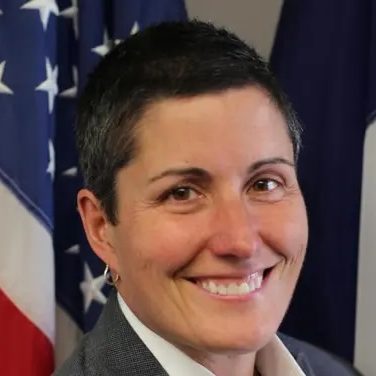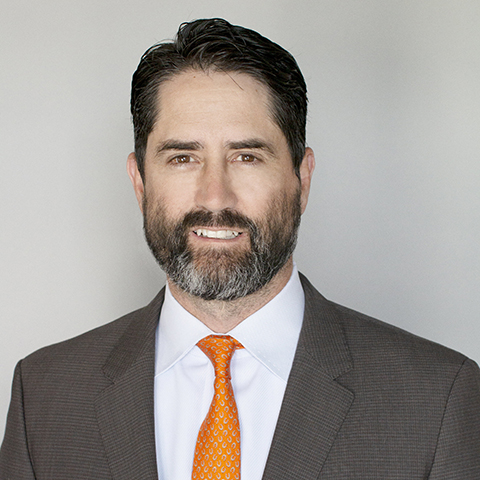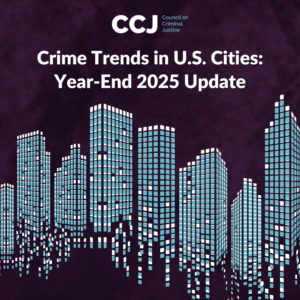Grounding Criminal Justice Policy in Facts and Evidence
Upclose Spotlight



Latest Posts

Homicide Falls Sharply in Major U.S. Cities Amid Continuing Decline in Overall Crime
A 21% drop would push homicide rate to a new historic low, new CCJ analysis finds

What’s Driving the Drop in Homicide? How Low Might It Go?
CCJ brought together leading experts to assess what’s driving the homicide decline, including changes in criminal justice policy, shifts in technology use, and broader social and economic trends.

Crime Trends in U.S. Cities: Year-End 2025 Update
With homicide down 21%, the 2025 homicide rate may reach the lowest level ever recorded in law enforcement or public health data going back to 1900, CCJ’s year-end analysis finds.

UpClose With Steve Derene
This month’s spotlighted member is Steve Derene, former executive director and co-founder of the National Association of VOCA Assistance Administrators.

Who Gets Arrested in America: Trends Across Four Decades, 1980-2024
This comprehensive analysis of arrest trends is the first of its kind since the federal government stopped releasing detailed arrest data in 2020. It shows that arrests fell sharply in 2020 during the pandemic—and have stayed down since then.
Methodology and Data Sources: Arrest Trends in America, 1980-2024
Using multiple federal data sources, this report rebuilds national arrest trend lines across age, gender, race, and offense categories—restoring national visibility into more than 40 years of arrest patterns.

